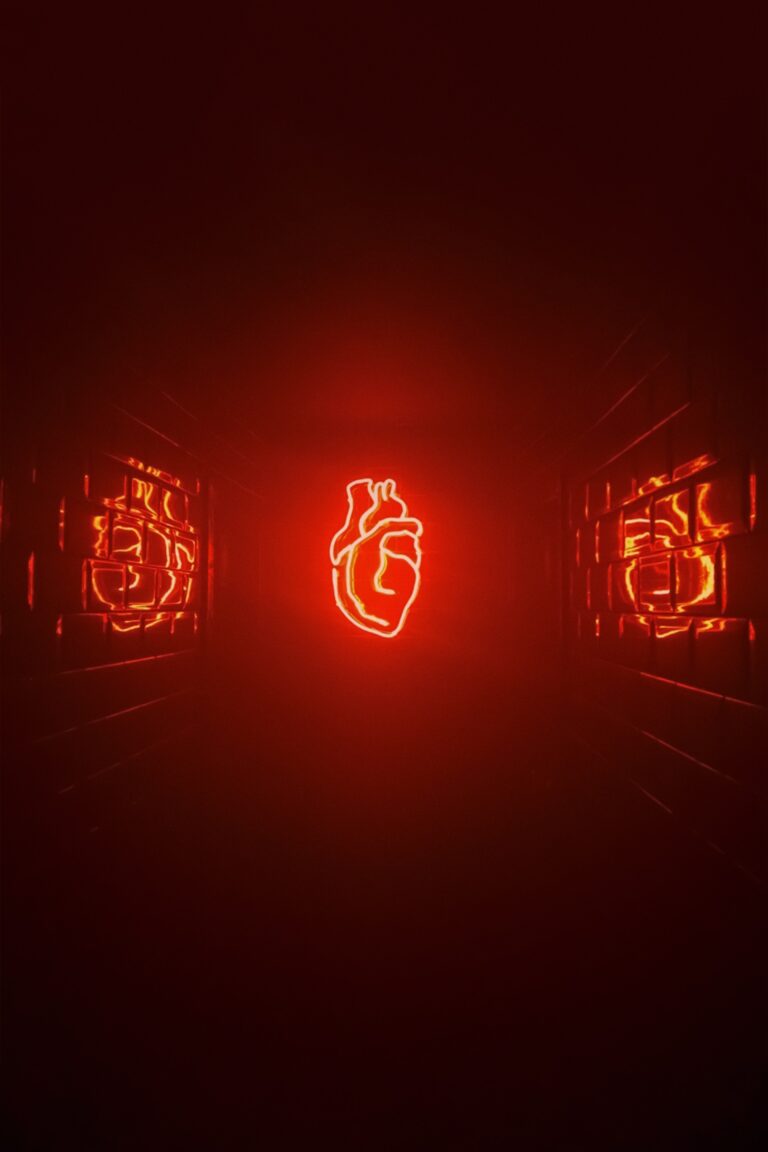Is Prostitution Legal in Johannesburg?
In South Africa, including Johannesburg, prostitution is illegal. However, this does not stop the sex trade from thriving in the city. Despite its illegality, prostitution is a common sight in Johannesburg’s streets, clubs, and hotels. While it is against the law to engage in prostitution, the lack of strict enforcement has allowed the industry to grow.
What Are the Laws, Penalties, and Law Enforcement Strategies?
South African laws pertaining to prostitution are governed by the Sexual Offences Act of 1957, which criminalizes the following acts:
- Engaging in sex for money (prostitution)
- Operating a brothel
- Living off the earnings of prostitution
- Procuring or enticing a person for prostitution
Penalties for violating these laws include fines and imprisonment, with maximum sentences of up to two years. However, due to the complex nature of the issue, law enforcement strategies often focus on curbing human trafficking and protecting the rights of sex workers rather than cracking down on the industry itself.
How is Prostitution Referred to Locally in Johannesburg?
In Johannesburg, as well as other parts of South Africa, prostitution is commonly referred to as the world’s oldest profession or selling the flesh. Local slang terms for prostitutes include magosha or isifebe. Street-based sex workers are sometimes called streetwalkers or night queens. Despite these colloquial terms, the public opinion on prostitution is divided, with some seeing it as a necessary evil and others condemning it as immoral and harmful.
What is the History of Prostitution in Johannesburg?
Prostitution has been present in Johannesburg since its founding in 1886, when the city experienced a gold rush that attracted thousands of people from around the world. Many women turned to prostitution to survive in the male-dominated society, and brothels quickly became a fixture in the burgeoning city. In the early 20th century, prostitution was largely tolerated by authorities, who saw it as a means of controlling sexually transmitted infections.
However, the situation changed with the introduction of apartheid in 1948. The new government sought to control and suppress prostitution, particularly among black and mixed-race populations. Brothels were shut down, and sex workers were increasingly targeted by police. Despite these efforts, prostitution continued to thrive in Johannesburg, often in clandestine locations and under dangerous conditions.
How Do Government Laws and Links Impact Prostitution in Johannesburg?
Although prostitution remains illegal in South Africa, there have been calls for the decriminalization or legalization of the industry. Advocates argue that this would improve the working conditions and safety of sex workers, as well as reduce the spread of sexually transmitted infections. However, opponents contend that it would lead to increased human trafficking and exploitation.
In recent years, the South African government has focused on addressing the links between prostitution and other social issues, such as poverty, unemployment, and gender inequality. In 2017, the South African Law Reform Commission released a report recommending the partial decriminalization of prostitution, which would allow sex workers to operate independently while still criminalizing activities such as brothel-keeping and pimping. However, this proposal has yet to be implemented.
As it stands, the illegality of prostitution in Johannesburg and the rest of South Africa creates a precarious situation for sex workers, who often face violence, exploitation, and a lack of access to healthcare and social services. While the government grapples with finding a solution to this complex issue, the lives and well-being of those involved in the sex trade hang in the balance.
